Dhaka, Oct 26 (V7N)- Ambassador Michael Miller, representing the European Union (EU) in Bangladesh, emphasized the importance of a democratic electoral process leading to a new parliament and government with the people's mandate, all while upholding "rule of law and respect for fundamental rights." In his first interview since arriving in Dhaka, he described these principles as core to the EU-Bangladesh partnership, which he noted is evolving dynamically.
Ambassador Miller praised the interim government's widespread support and expressed confidence in its ability to deliver impactful reforms. He acknowledged, however, that not all reforms can be immediate but noted the importance of "quick wins" that pave the way for lasting changes. According to Miller, achieving the right process towards elections is crucial, as is allowing the interim government sufficient time to implement needed reforms.
The EU continues to advance discussions with Bangladesh to establish a new Partnership and Cooperation Agreement (PCA), which would expand collaboration on climate change, security, and other policy areas. A high-level delegation from Brussels is expected in early November to engage with Bangladeshi authorities on the PCA and joint commission matters with the interim government.
Miller also highlighted the economic side of the EU-Bangladesh relationship, with the EU's Global Gateway initiative supporting investments in infrastructure, digitalization, and the private sector. The newly formed European Chamber of Commerce aims to bolster business relations further, especially in the ready-made garment (RMG) sector, where Bangladesh enjoys duty- and quota-free access to EU markets. He stressed the need for Bangladesh to diversify its economy beyond RMG and explore sectors like leather, pharmaceuticals, and light engineering.
Ambassador Miller said Bangladesh's transition from Least Developed Country (LDC) status would require adaptations in labor and environmental standards. He emphasized the EU's commitment to support Bangladesh’s transformation into a more diversified, high-value economy, aligned with international standards and sustainability principles.
In addition, the EU remains committed to fostering people-to-people ties, with a strong focus on youth and educational initiatives like Erasmus+ scholarships. The EU and Bangladesh have also long collaborated on multilateral responses to global challenges, with the EU expecting continued alignment on key issues, including global security.
END/MSS/AJ



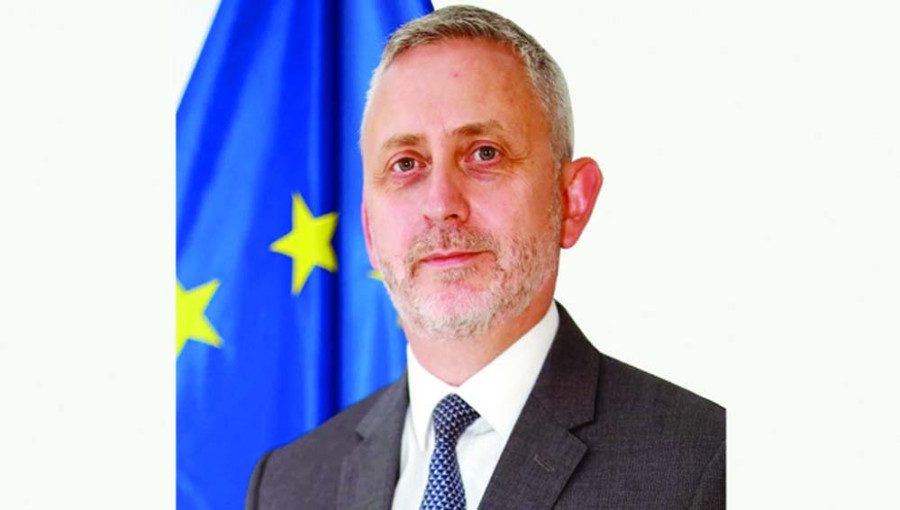
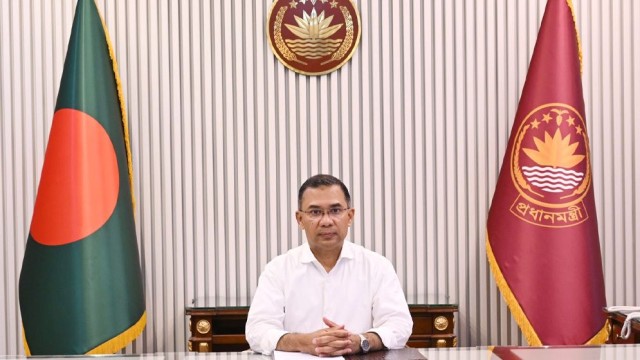
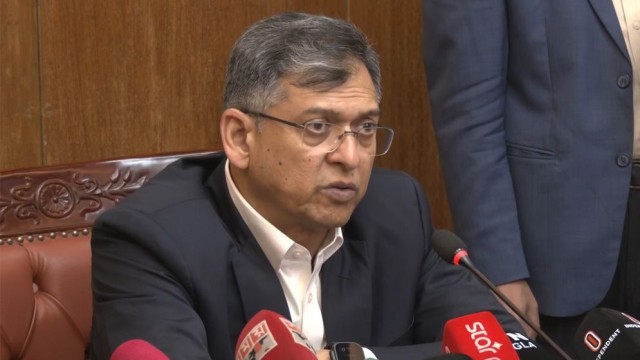
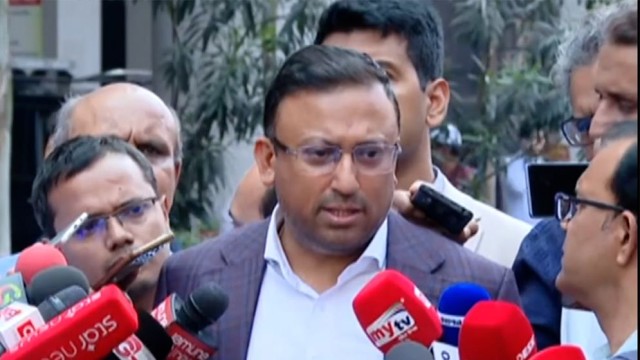
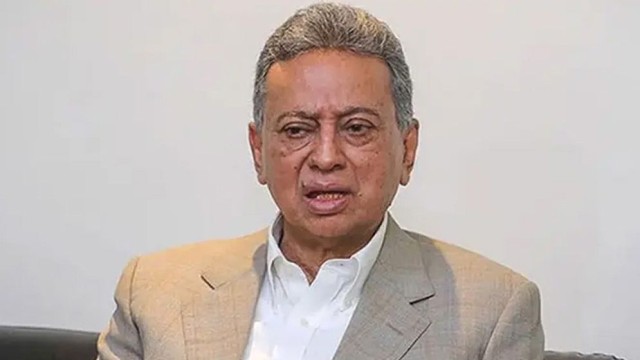
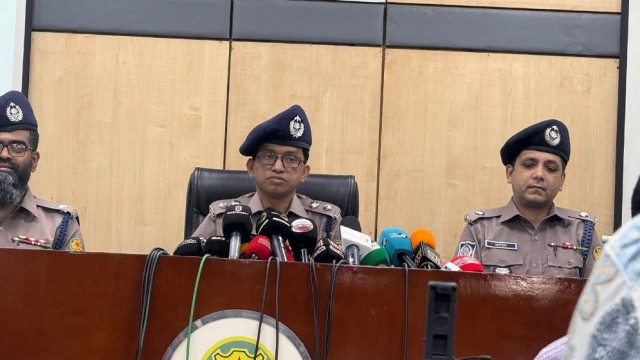
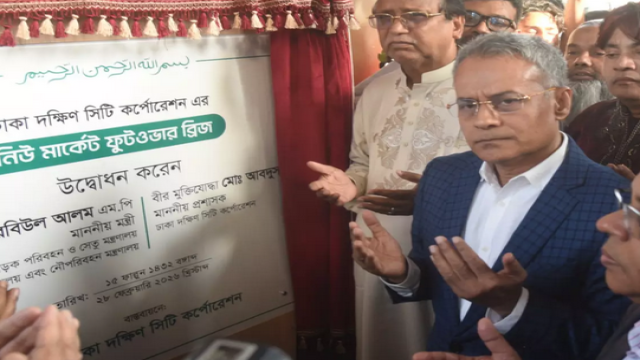


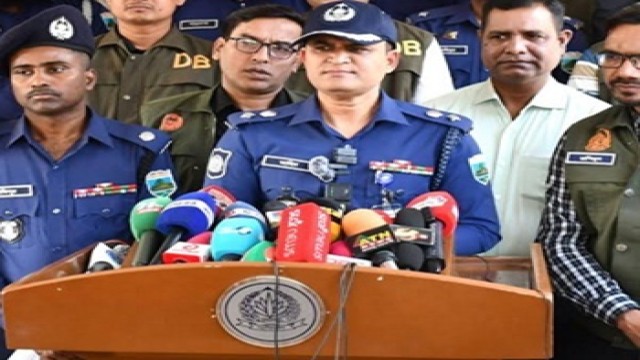
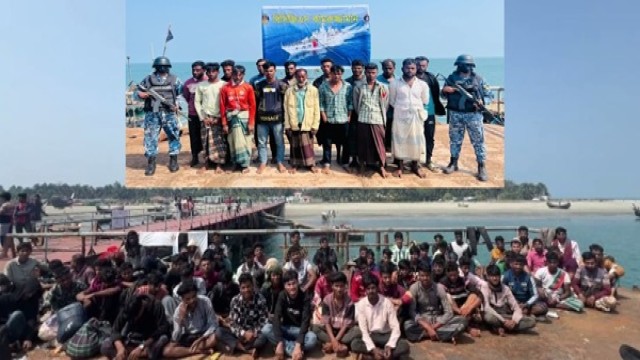
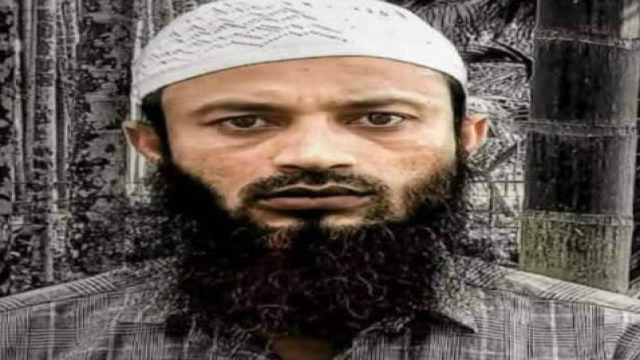
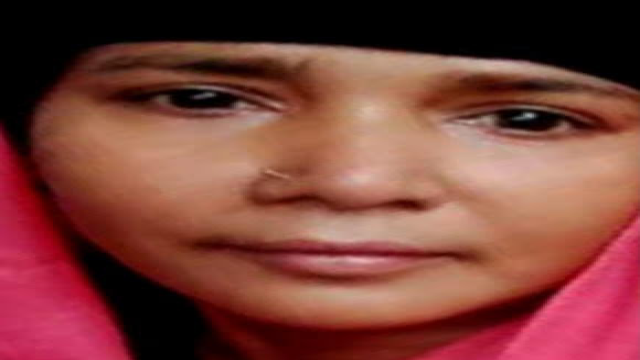


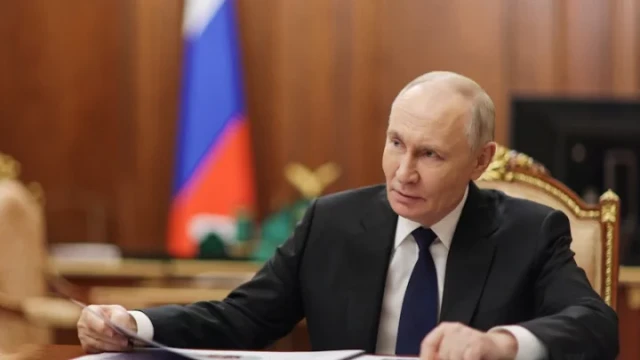
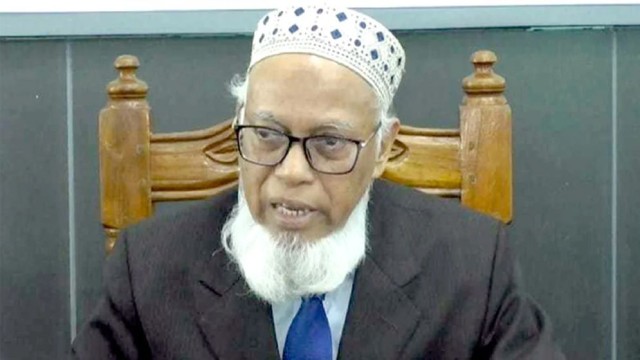










Comment: